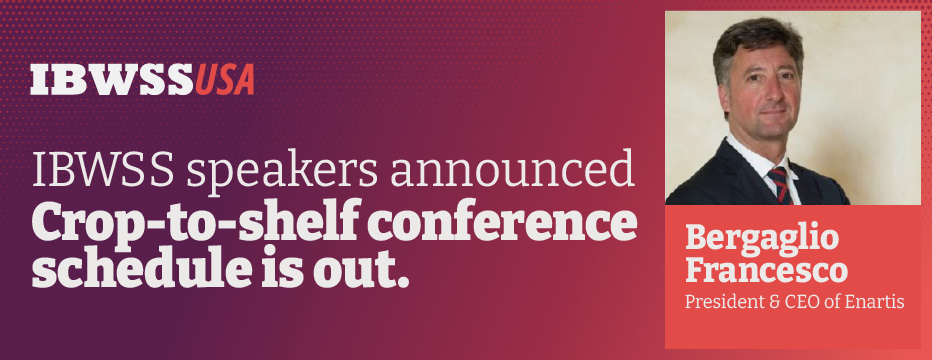Sommeliers Choice Awards 2023 Winners
Abita Brewing Talks Fruity Beer
The beer scene is a quickly flowing river these days, with many unpredictable twists and turns within its dynamic current.

With trends ranging from session beers to kettle sours to whatever weed was growing in the backyard, it can be hard to keep track of who is doing what because they believe in innovation and who’s just jumping on the bandwagon.
Fruit beers have a long history, but recently breweries have used fruit to enhance the already present sweet notes in the hop and barley build of a beer, giving said beer an extra kick. “We love making fruit beers,” explains Abita’s brewmaster Mark Wilson. “It’s one of the things we’re known for. We want to use as much local produce as possible and we just want the fruit to enhance the flavor so you know you’re drinking beer.” Abita, New Orleans’ 31-year-old brewery, brews some well-known fruity beers, like the raspberry-infused Purple Haze and their spring seasonal Strawberry Lager.
While grapefruit and orange IPAs are all the rage today, and cherry and raspberry sours are regular one-offs around the country, Abita has been brewing with strawberries, peaches, and oranges for decades. We talked with Wilson about getting fruity.
Paste: What inspired the Strawberry Lager at Abita?
Mark Wilson: It’s part of our Harvest series of beers where we’re using locally sourced produce. Not only do we do Strawberry Lager (which was the first in the series, started in 2006), we also do Blueberry Wheat, Peach Lager, and then Sweet Orange Lager.
There is a large strawberry growing region about 20 miles west of our brewery. Strawberries are harvested in the early spring and it’s a perfect match. Our brewery was based on the concept of making beers that complement the culture and cuisine of south Louisiana, and the strawberry beer really sits well with that. It goes well with crawfish boils and things of that nature.
Paste: What’s your technique for adding strawberries into the beer?
MW: The berries are pressed into juice. Then we take that sweet juice and add it into the brite beer tank and mix it there. It doesn’t go through the fermentation process so you get all the sweetness and the flavor from the juice.
Paste: Everyone has a different process with fruit beers. Why did you choose this method?
MW: You’re getting the most of the fruit flavor. It mixes with the beer, but you get all the sweetness and the aroma.
Paste: What are you looking for when you blend?
MW: We do quite a few fruit beers. What we’re looking for is to have the aroma and the flavor of the fruit come through, but to also know that you’re drinking a beer. It has to have the consistencies and flavor of beer. If you add too much juice, like if you’ve had a kriek, it’s a whole different apple. It’s so overwhelming with fruit that you don’t really know you’re drinking a beer. They’re great, but we want you to know you’re drinking a beer—that the flavors from the fruit are complementary and not overpowering.
Wheat is in most of our fruit beers because it gives more body and adds an element that pairs well with fruit.
Read more at source: Paste







